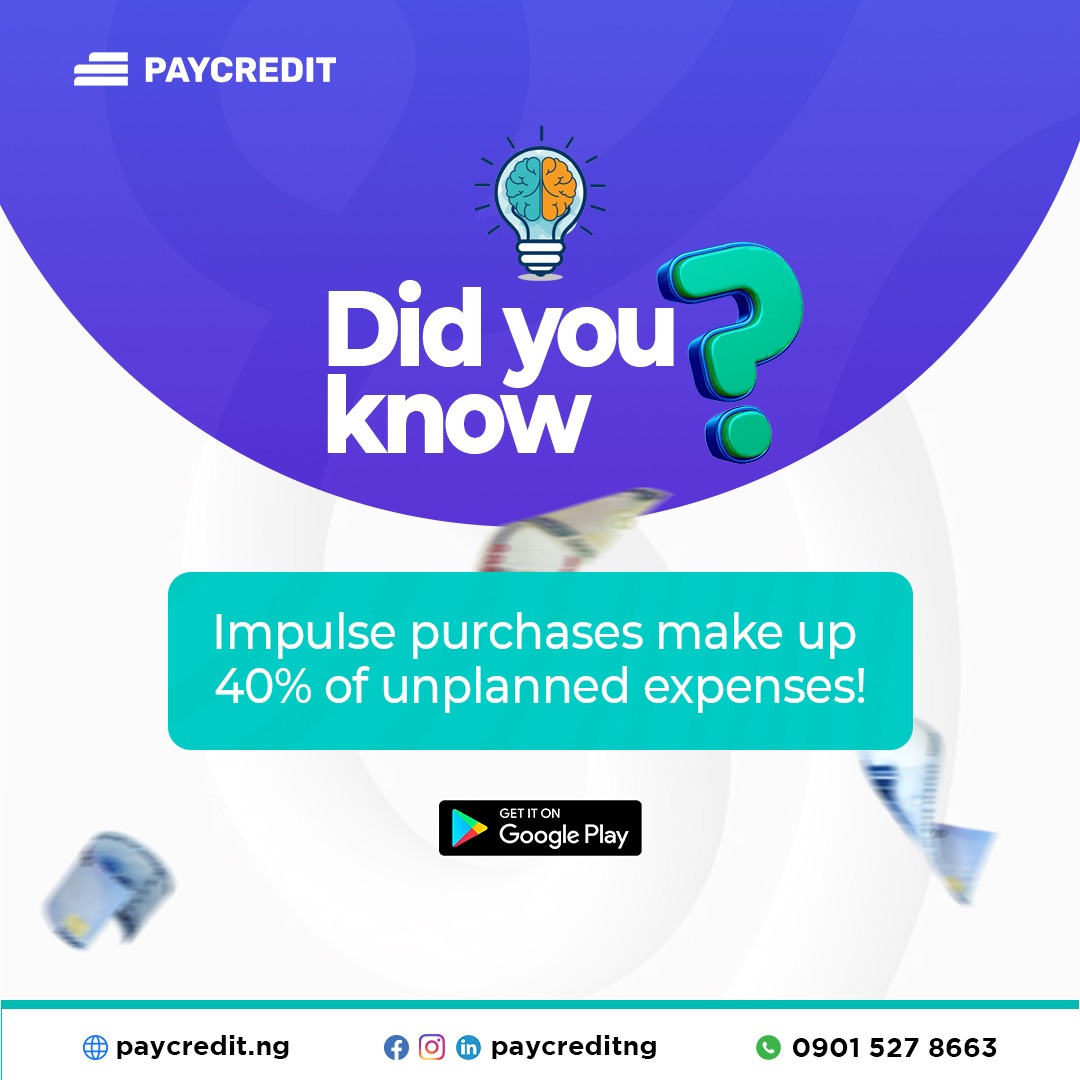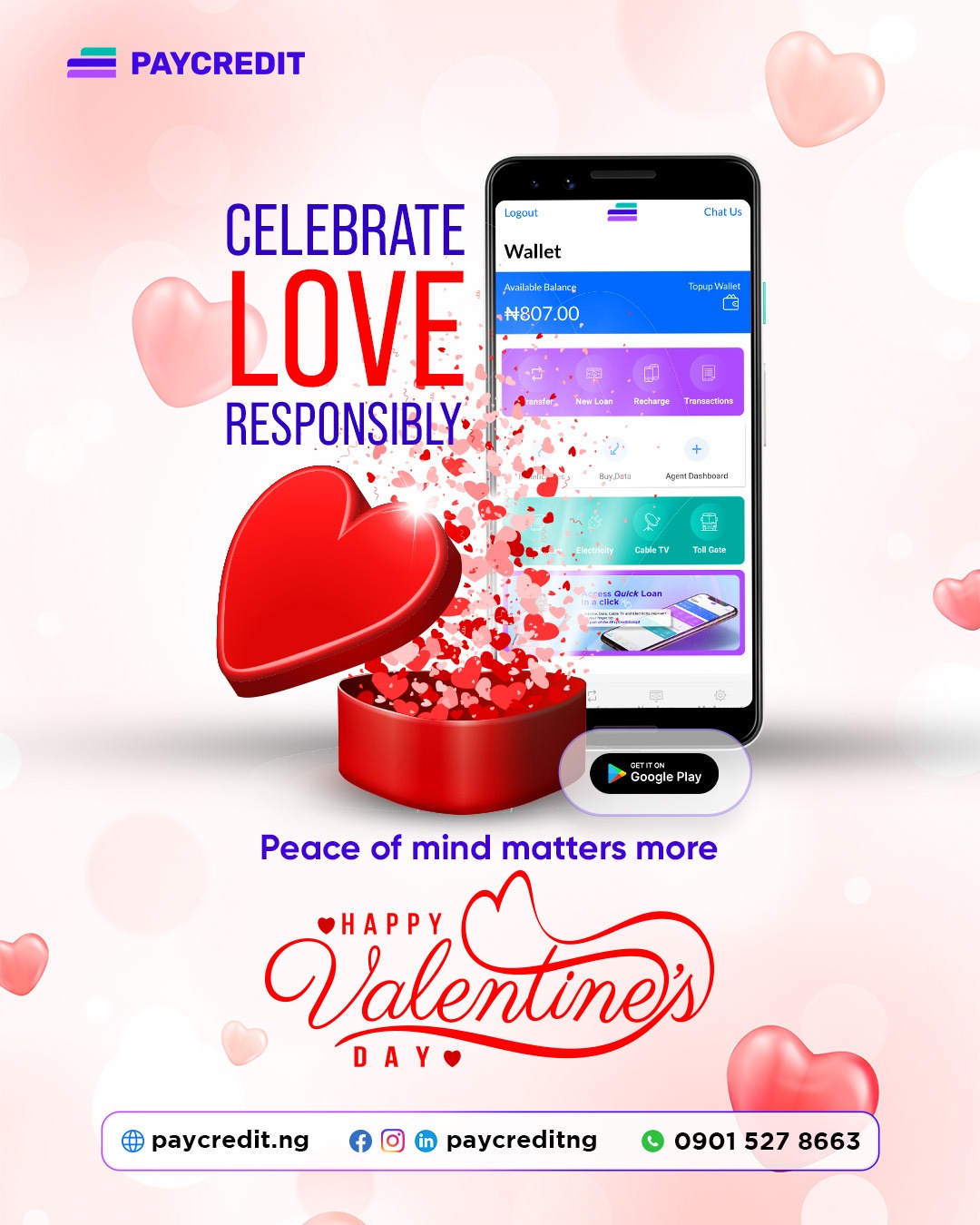Research shows that impulse purchases make up nearly 40% of unplanned expenses—and they can seriously hurt your budget if not managed.
Let’s talk about what impulse buying is, why we do it, and how to avoid it.
What is Impulse Buying?
Impulse buying happens when you make a purchase without planning for it. It's often triggered by:
Emotions (stress, boredom, excitement)
Discounts or "limited time" offers
Peer pressure or social media influence
While it feels good in the moment, it can lead to regret—and drain your wallet fast.
The Real Cost of Impulse Spending
Impulse purchases often seem small, but they add up over time.
📌 Imagine this:
If you spend ₦3,000 impulsively every week, that’s ₦12,000 a month and ₦144,000 a year—money that could go to savings, investments, or emergency needs.
How to Avoid Impulse Spending
Here are a few practical tips to keep your spending in check:
1. Make a Shopping List (and Stick to It)
Whether you’re going to the market or shopping online, write down what you need—and avoid adding anything last-minute.
2. Use the 24-Hour Rule
Thinking of buying something unplanned? Wait 24 hours. If you still really need it, go ahead. Most times, the urge will pass.
3. Set a Monthly ‘Wants’ Budget
Allocate a small amount for non-essentials. Once you hit that limit, no more spending until next month!
4. Unfollow Temptation Triggers
Unsubscribe from marketing emails or social pages that constantly tempt you to spend. Out of sight, out of mind!
5. Track Every Naira
Use an app or notebook to track what you spend daily. This helps you see where your money really goes and how much is spent impulsively.
PayCredit’s Tip: Spend Smart, Save Smarter!
It’s okay to enjoy the things you love—just do it wisely. Managing your spending habits is the first step to gaining financial peace of mind.
💰 And if you ever find yourself needing extra cash to meet real, planned needs? PayCredit offers quick and reliable loans to help you stay on track.



